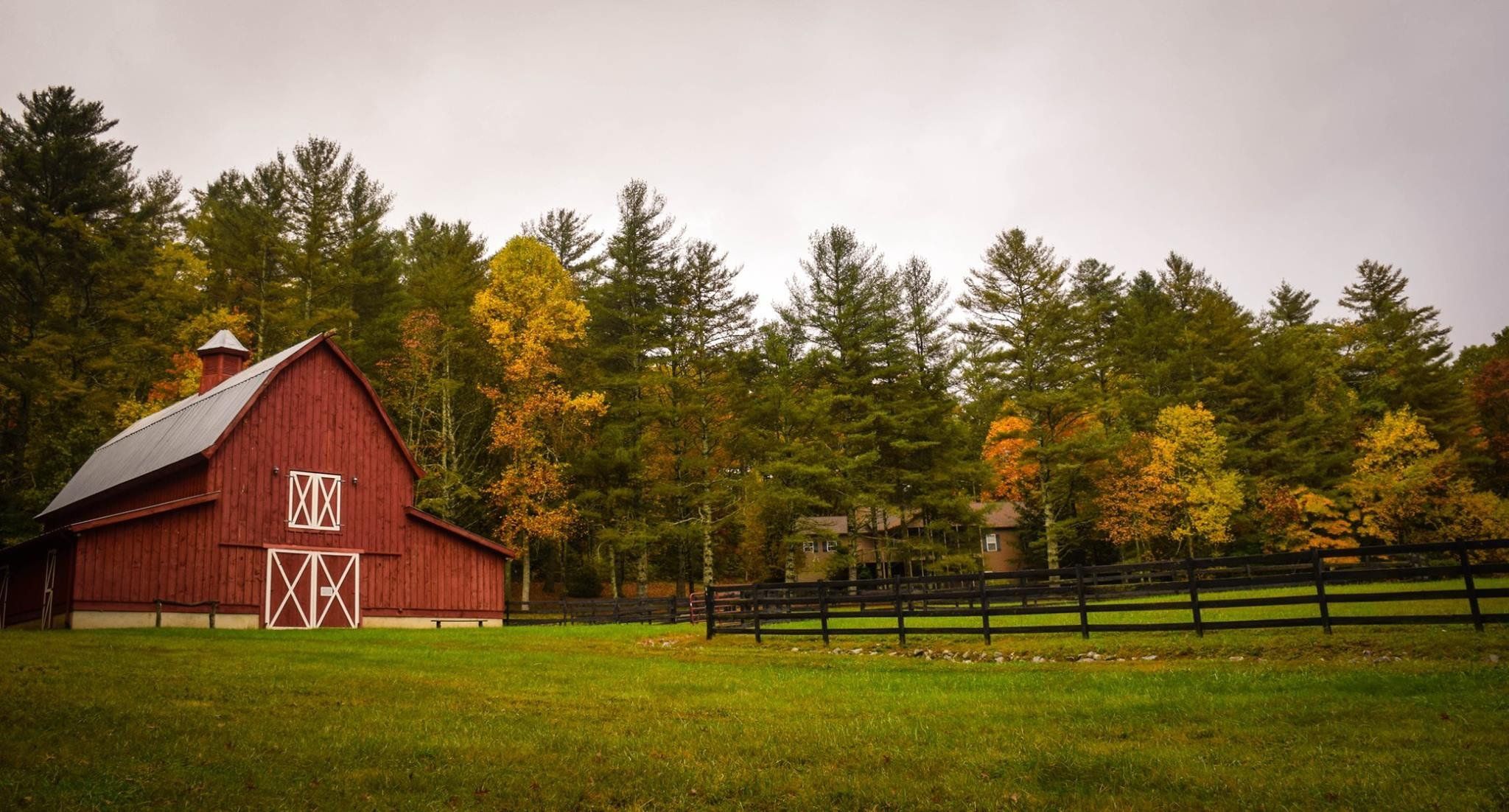Let’s face it — city living is stressful. Waking up to the daily hustle and bustle is enough to make anyone want to pack their bags for the countryside. You're not alone if you’ve wondered whether rural living is merely a pipe dream. In fact, many people have reached the point where they’ve traded in their screaming alarm clocks for roosters.
Some might call you crazy for considering homesteading, but the benefits are hard to overlook. Transitioning to farm life is also a smoother transition than it appears, especially if your heart is entirely in it. Here’s what you need to know about making rural living a reality.
Living the Rural Life
A rural migration began at the onset of the COVID-19 pandemic when work-from-home mandates marked a new beginning for people to settle elsewhere. Realizing they could work from anywhere, many put roots down in suburban and rural areas across the United States.
Pew Research Center has reported that 43% of urban residents still prefer to live outside of cities — those currently living in suburban and rural communities would rather stay put.
One example of rural growth is Powder River County, Montana — a 3,300-square-mile area of rugged terrain along the Bighorn Mountain Range. The county watched the population decline for a decade until the pandemic struck. During this time, 37 people relocated to the area, bringing the population to 1,702 in 2021, up from 1,682.
Many other rural communities experienced similar trends throughout recent years, with little sign of slowing down — but what draws so many people to rural life anyway?
Benefits of Homesteading
Compared to city life, homesteading usually gets you much more bang for your buck — if you do it right. Sure, rural towns have fewer employment opportunities and even fewer amenities. Nevertheless, if you can find a well-paying remote job, the benefits often outweigh the cons.
Some of the advantages of homesteading include the following:
- Mental health benefits from nature — if studies show that only 120 hours in nature weekly improve your well-being, imagine what daily exposure to nature could do for you
- A deeper connection to the food you grow
- Cheaper to grow your food than buy it from the store
- The choice to live off-grid, if you choose
- Rigorous labor but fulfilling work
- Delivers a unique upbringing for children and instills good morals and values
- You can pass it down from generation to generation
Creating a farm succession plan will ensure a smooth transition for your heirs to take ownership of the land if you retire or pass away, protecting your legacy in the future.
Homesteaders may also be eligible for a homestead exemption, in which they’ll owe less property taxes when they fall on hard times. A homestead exemption often protects landowners from creditors if they lose a spouse or must file for bankruptcy. As long as your home equity is under $25,150, bankruptcy laws prevent your home from being sold.
Quick Guide to Rural Living
No one can blame you for wanting to leave your urban dwellings for life in the sticks. Thanks to modern technology, farming will be much easier to adapt to.
For instance, remote monitoring helps homesteaders make crucial decisions for optimizing crop health, while new robotics can more precisely apply herbicides to weeds, differentiating them from the actual crops.
However, rural living requires you first to make a move. List the many demands and chores you’ll need to meet to live on a homestead. If you and your family are on board, moving forward with your plans will make it a reality.
Next, you’ll need to decide where you want to live, whether you’ll continue working and how much space you’ll need for a house and garden. This is an ideal time to decide how rural is too rural — do you want to drive an hour to get to a store or doctor’s office, or do you want to be closer to a town? Access to water, schools and a safe community is also essential. You don’t want to live near fracking sites or someplace where meeting people will be difficult.
Most importantly, you should get used to living with less — start minimizing your belongings and learn to preserve food and resources. Also, budgeting your finances will prepare you for the financial constraints of homesteading, particularly when you’re just starting.
Depending on where you buy, five acres of land could cost about $45,000 — plus additional costs to get the homestead off the ground in the first six months, like generators, septic and other tools.
Rural Living Is an Attainable Goal
If you want to leave the city behind you and set roots in the countryside, you must make your dream a goal. Working towards a goal has a much better chance of becoming a reality. Do your research and plan accordingly — and you’ll find yourself on a homestead in no time.





















